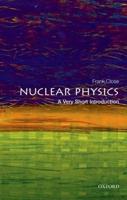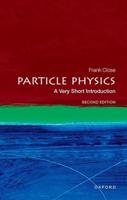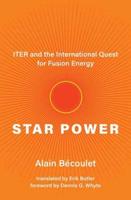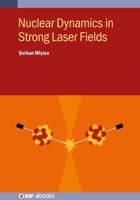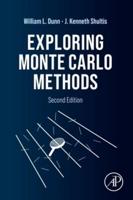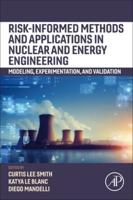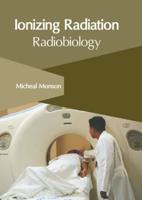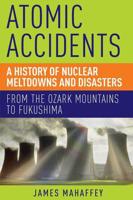Publisher's Synopsis
Scientists have just announced an historic discovery on a par with the splitting of the atom: the Higgs boson, the key to understanding why mass exists has been found. In The Particle at the End of the Universe , Caltech physicist and acclaimed writer Sean Carroll takes readers behind the scenes of the Large Hadron Collider at CERN to meet the scientists and explain this landmark event.
The Higgs boson is the particle that more than six thousand scientists have been looking for using the Large Hadron Collider, the world's largest and highest energy particle accelerator, which lies in a tunnel 17 miles in circumference, as deep as 575 feet beneath the Franco-Swiss border near Geneva. It took ten years to build and this search has now cost over $9 billion and required the collaboration of engineers from more than one hundred countries.
What is so special about the Higgs boson? We didn't really know for sure if anything at the subatomic level had any mass at all until we found it. The fact is, while we have now essentially solved the mass puzzle, there are things we didn't predict and possibilities we haven't yet dreamed. A doorway is opening into the mind boggling, somewhat frightening world of dark matter. We only discovered the electron just over a hundred years ago and considering where that took us-from nuclear energy to quantum computing--the inventions that will result from the Higgs discovery will be world-changing.
The Particle at the End of the Universe not only explains the importance of the Higgs boson but also the Large Hadron Collider project itself. Projects this big don't happen without a certain amount of conniving, dealing, and occasional skullduggery- and Sean Carroll explores it all. This is an irresistible story (including characters now set to win the Nobel Prize among other glories) about the greatest scientific achievement of our time.

